Chelsea; Amanecer. 2017. Still de vídeo del canal A.
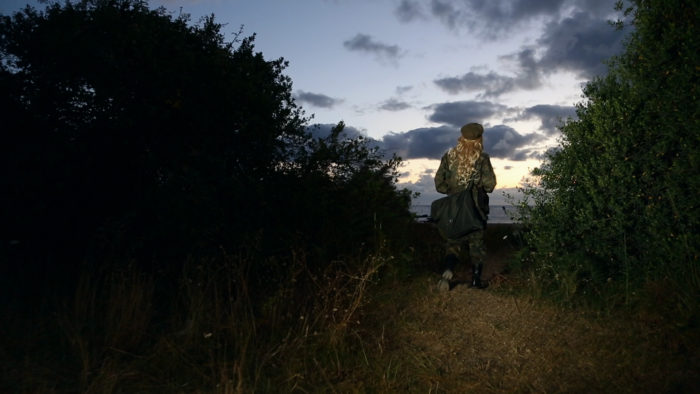
Chelsea; Amanecer. 2017. Still de vídeo del canal A.
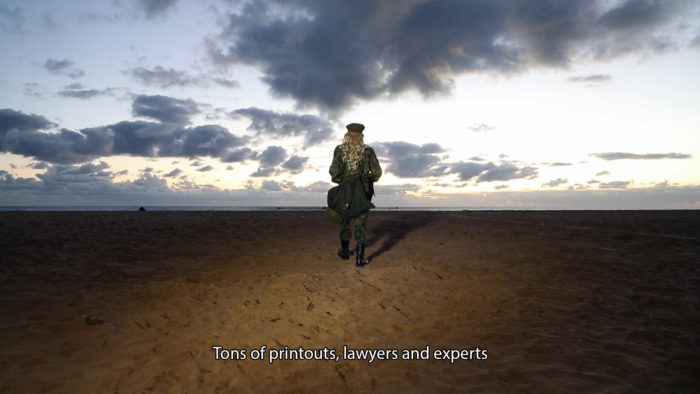
Chelsea; Amanecer. 2017. Still de vídeo del canal A.
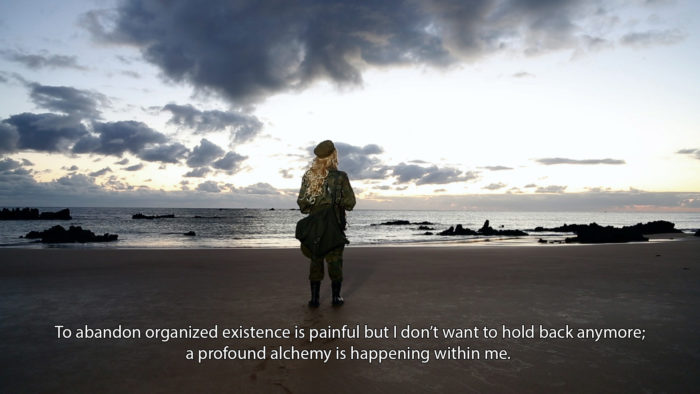
Chelsea; Amanecer. 2017. Still de vídeo del canal A.

Chelsea; Amanecer. 2017. Still de vídeo del canal A.

Chelsea; Amanecer. 2017. Still de vídeo del canal A.

Chelsea; Amanecer. 2017. Still de vídeo del canal A.

Chelsea; Amanecer. 2017. Still de vídeo del canal A.

Chelsea; Amanecer. 2017. Still de vídeo del canal A.

Chelsea; Amanecer. 2017. Still de vídeo del canal A.
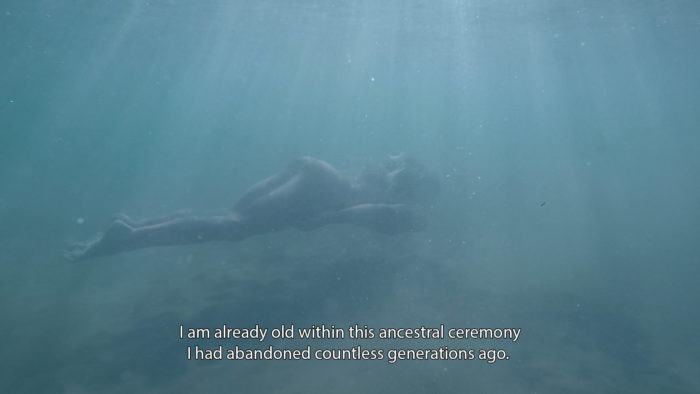
Chelsea; Amanecer. 2017. Still de vídeo del canal A.

Chelsea; Amanecer. 2017. Still de vídeo del canal A.

Chelsea; Amanecer. 2017. Still de vídeo del canal B.
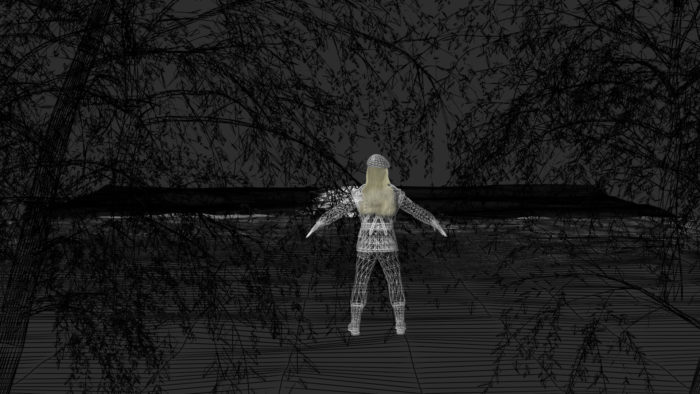
Chelsea; Amanecer. 2017. Still de vídeo del canal B.
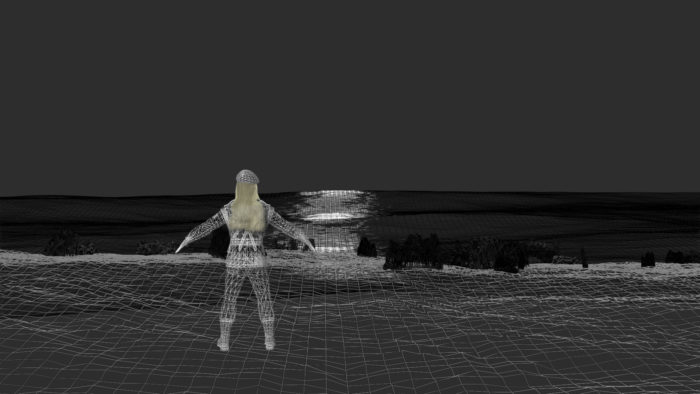
Chelsea; Amanecer. 2017. Still de vídeo del canal B.

Chelsea; Amanecer. 2017. Still de vídeo del canal B.
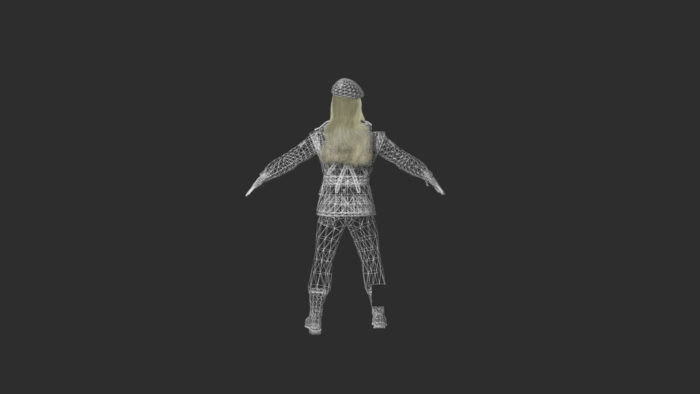
Chelsea; Amanecer. 2017. Still de vídeo del canal B.
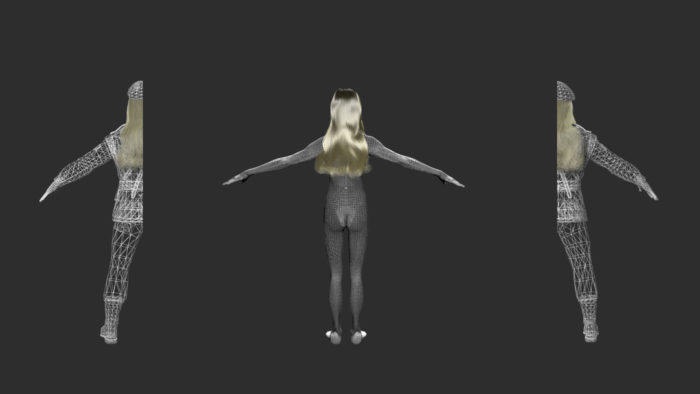
Chelsea; Amanecer. 2017. Still de vídeo del canal B.
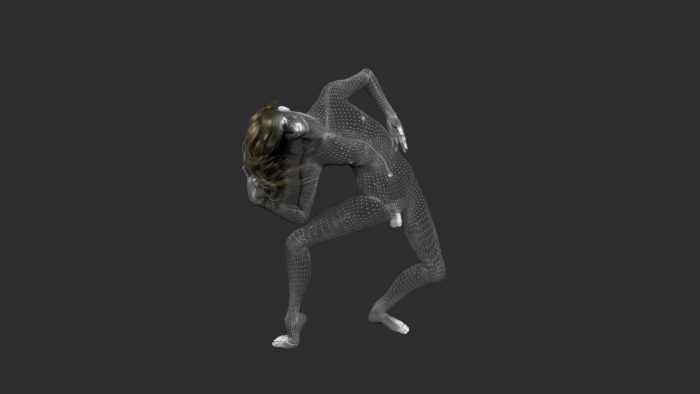
Chelsea; Amanecer. 2017. Still de vídeo del canal B.
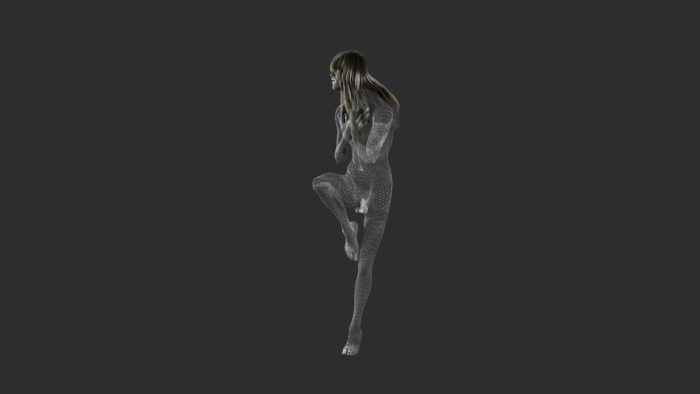
Chelsea; Amanecer. 2017. Still de vídeo del canal B.

Chelsea; Amanecer. 2017. Still de vídeo del canal B.

Chelsea; Amanecer. 2017. Still de vídeo del canal B.
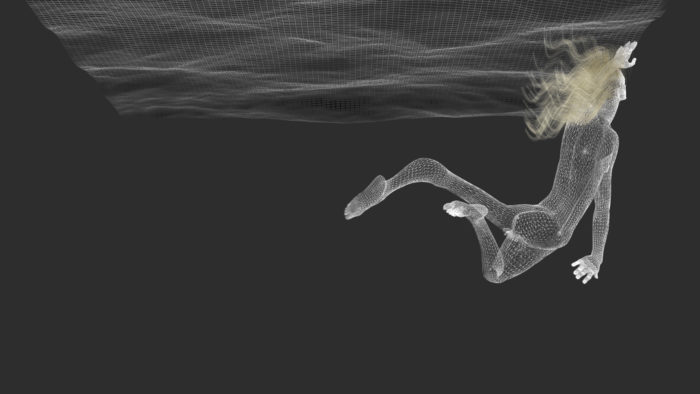
Chelsea; Amanecer. 2017. Still de vídeo del canal B.
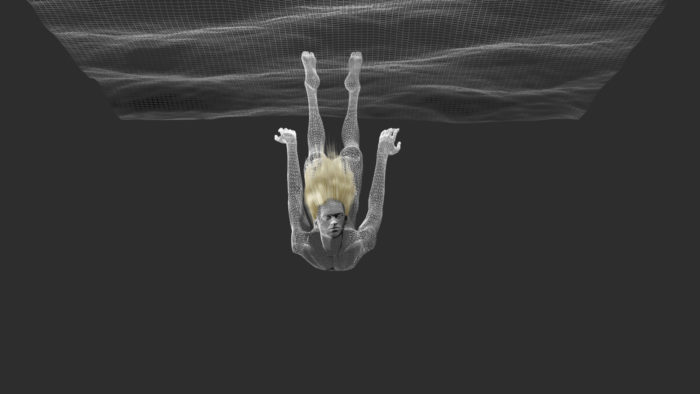
Chelsea; Amanecer. 2017. Still de vídeo del canal B.

Chelsea; sunrise. 2017
Installation of two synchronized HD-Video channels, 11.22 min. each, and print on paper, 75 x 100 cm., variable sizes
The installation features a fiction around the real character of Chelsea Manning, recently pardoned from a sentence of 35 years in a military prison in Kansas (USA), accused of sending classified documents to the Wikileaks website. A day after her sentence was known, the soldier formerly known as Bradley Manning announced that he ever wanted a sex reassignment. From this historical start, Manu Arregui creates a scene where the soldier approaches a deserted beach at dawn, undresses, performs a dance and enters the water until she submerges. The developed soundtrack, with a voice-over attributed to the character, philosophical and political references in a composition by the artist, which also features quotes from various literary origins such as those of Clarice Lispector. Based on the interpretation of the actress who gives voice to the soldier, the artist deals with ideas such as freedom, war, civilization or existence in a poetic and transcendent tone. While on a screen we contemplate the scene in a conventional audiovisual record, in parallel the narration of infographic visual resources is developed: 3D preview, capture by depth sensor, metadata display, terrain mapping, etc. referring to the audiovisual language used in legal simulations.
Chelsea Manning leaked thousands of documents that were very valuable to argue the unconstitutionality of the military operations carried out in Iraq and Afghanistan, revealing the truth of what was happening, which had nothing to do with the information that was being provided to the public. Deeply shocked by what she was witnessing as an analyst in Iraq, she decided to share it via Wikileaks just after watching a video in which a United States Apache helicopter opened fire on a group of people in Iraq, the pilots mistakenly identified the civilians as armed insurgents. Manning was confined and tortured after her arrest. Her imprisonment would have been practically for life. One of the paradoxes is that the soldier disobeyed her commitment to confidentiality, but at the same time, the army did not comply with international law. Their reassignment of sex aggravated this situation of condemnation since the patriarchal public sphere demands the capacity of individuals to maneuver and monitor the performative aspects of their own conduct in public. The actions, words, gestures and body movements of the military are the aesthetic expression of the ideology of the armies. Private Manning’s determination in her reassignment of sex offers a new point of view about the character and forces us to think about the importance of boldness and individual sacrifice to promote social justice.